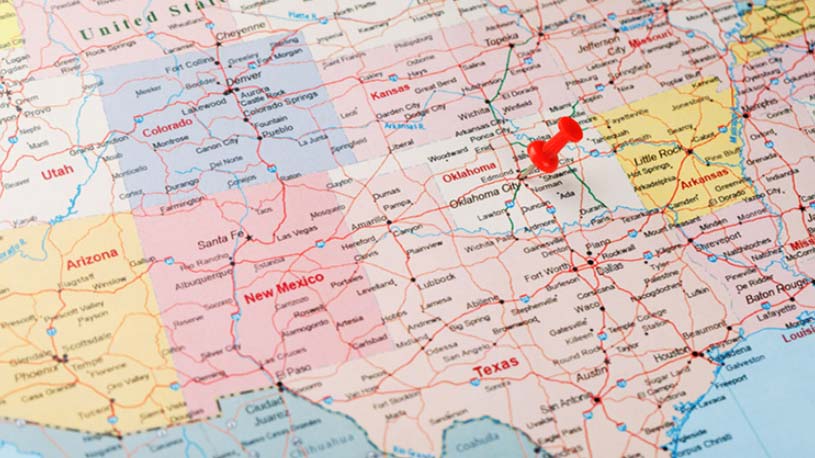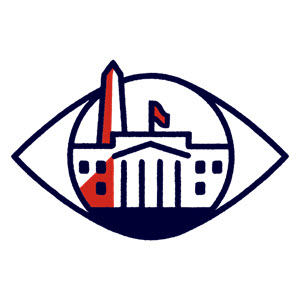New Jersey Retroactively Adopts 'Convenience of the Employer' Rule for Withholding

Applicability is limited to three states.
On July 21, 2023, the New Jersey legislature enacted AB 4694 (P.L.2023, c.125) (NJ AB 4694) to adopt a "convenience of the employer" sourcing rule for nonresident employee wages, but only for states that maintain the same "convenience of the employer" rule.
Generally, employers withhold state and local income taxes based on where employees physically perform services, but exceptions are growing. For example, some states have reciprocity agreements which permit withholding in a single state for employees who work and live in different states. States that apply the "convenience of the employer" rule generally deem out-of-state employees working for an in-state employer to accrue state income tax liability primarily to the state in which the employer is located, unless working out of state is required by their employer. Employers must withhold accordingly, and affected employees often need to file income tax returns in both states.
Five states currently maintain a "convenience of the employer" rule: Connecticut, Delaware, Nebraska, New York and Pennsylvania. However, Pennsylvania and New Jersey have a reciprocity agreement which exempts residents of these states from withholding for services performed in the other state.
Additionally, Connecticut adopted a "convenience of the employer" policy in 2019 that only applies to workers in states that maintain the same "convenience of the employer" rule, i.e., Delaware, Nebraska, New York and Pennsylvania. However, the NJ Division of Taxation recently announced[1] that because Connecticut's policy will not apply to New Jersey residents working remotely for Connecticut employers, New Jersey will not apply its "convenience of the employer" policy to Connecticut residents working remotely for NJ employers.
New Jersey employers must now withhold New Jersey taxes from nonresidents who work from Delaware, Nebraska or New York for a New Jersey employer, but only when the employee is working from any of those states for the employee's convenience and not out of necessity of the employer. In its recent guidance[2], the New Jersey agency stipulated that "In determining whether compensation earned by a nonresident telecommuting for a New Jersey employer will be deemed New Jersey sourced income, New Jersey will apply a similar rule which would be the same as the triggering state's rule. For example, compensation earned by a New York resident telecommuting for a New Jersey employer will be deemed New Jersey sourced income by applying the New York "convenience of the employer" test".
The New York Department of Taxation and Finance offers guidance[3] and examples. Some of the factors recognized by New York include:
Primary:
"The home office contains or is near specialized facilities. For example, if the employee's duties require the use of a test track to test new cars, and a test track is not available at the employer's offices in New York City, but is available near the employee's home, then the home office will meet this factor."
Secondary:
- The home office is a requirement or condition of employment.
- The employer has a bona fide business purpose for the employee's home office location.
- The employee performs some of the core duties of his or her employment at the home office.
- The employee meets or deals with clients, patients or customers on a regular and continuous basis at the home office.
- The employer does not provide the employee with designated office space or other regular work accommodations at one of its regular places of business.
- Employer reimbursement of expenses for the home office.
Note: In general, the arrangement must meet either one primary factor or a combination of secondary and other factors, which are explained in more detail in the guidance. As noted above, New Jersey employers will now need to apply New York's rule to determine if employees working from New York for a New Jersey employer meet the criteria for the "convenience" rule to apply.
The NJ AB 4694 "convenience" rule is retroactive to January 1, 2023, which means that New Jersey employers with remote employees working from Delaware, Nebraska or New York should review and adjust 2023 state income tax withholding so that New Jersey is the primary state. Delaware, Nebraska and New York may still receive a portion of withholding taxes to the extent that their tax rates are higher than New Jersey's.
The NJ Division of Taxation offers this explanation: "Affected taxpayers must begin withholdings and/or making estimated payments for tax year 2023 as soon as possible and are required to have proper tax paid by April 15, 2024. Employers should consider making adjustments to withholdings as an accommodation to employees, so that they are not underpaid. The Division will not impose penalty and interest, as long as the taxpayer begins complying with the new law as of September 15, 2023."
What to Do Now
- New Jersey employers with remote employees working from Delaware, Nebraska or New York should communicate this change to affected employees, and review and adjust 2023 state income tax withholding so that New Jersey is the primary state.
- Obtain any state rulings defining the 'convenience of the employer' in Delaware, Nebraska and New York if any employees are working from those states for a New Jersey employer (see "For additional information," below).
- Optimally, New Jersey employers should adjust past withholding for affected employees, but in any event, compliance with the new sourcing rule is required no later than September 15, 2023.
- Watch for changes or additional guidance from these and other state taxing authorities. For example, Nebraska legislation was introduced that would modify the 'convenience' rule.
For additional information, see:
- https://njleg.state.nj.us/bill-search/2022/A4694
- https://www.state.nj.us/treasury/taxation/conveniencerule.shtml.
- New York guidance: www.tax.ny.gov/pdf/memos/income/m06_5i.pdf
- Delaware guidance: https://revenue.delaware.gov/employers-guide-withholding-regulations-employers-duties/
- Nebraska Section 77-2733 (8)(c)
ADP Compliance Resources
ADP maintains a staff of dedicated professionals who carefully monitor federal and state legislative and regulatory measures affecting employment-related human resource, payroll, tax and benefits administration, and help ensure that ADP systems are updated as relevant laws evolve. For the latest on how federal and state tax law changes may impact your business, visit the ADP Eye on Washington Web page located at www.adp.com/regulatorynews.
ADP is committed to assisting businesses with increased compliance requirements resulting from rapidly evolving legislation. Our goal is to help minimize your administrative burden across the entire spectrum of employment-related payroll, tax, HR and benefits, so that you can focus on running your business. This information is provided as a courtesy to assist in your understanding of the impact of certain regulatory requirements and should not be construed as tax or legal advice. Such information is by nature subject to revision and may not be the most current information available. ADP encourages readers to consult with appropriate legal and/or tax advisors. Please be advised that calls to and from ADP may be monitored or recorded.
If you have any questions regarding our services, call 855-466-0790.
ADP, Inc.
One ADP Boulevard, Roseland, NJ 07068
adp.com
Updated on August 23, 2023



